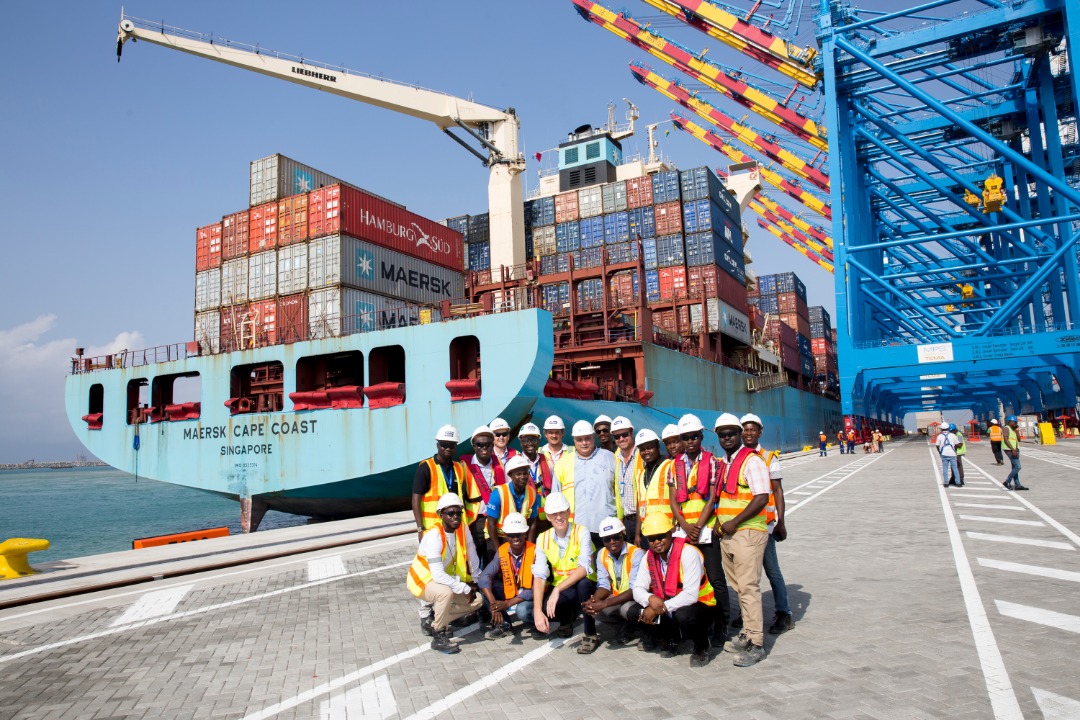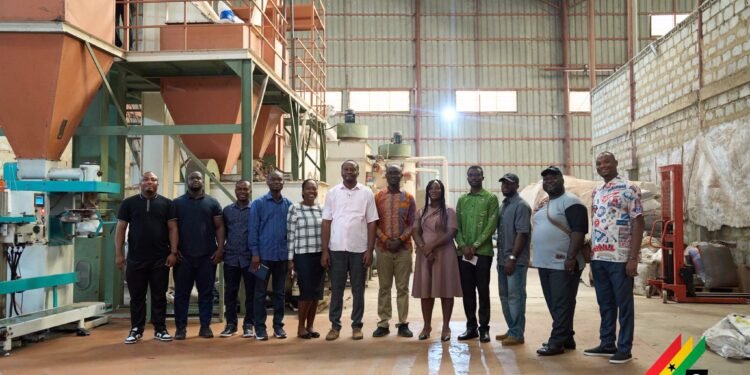The Rice Millers Association of Ghana (RMAG) has maintained that the benchmark value reduction policy is adversely affecting local rice producers in the country.
According to the RMAG, the policy has forced most rice mills to shut down with a large number of workers laid off.
RMAG argued that the cost of production in the country is very high. On the other hand, the imported substitutes enjoy a 50 percent reduction in customs benchmark values. This makes imported rice prices lower, rendering their local counterparts uncompetitive on the market.
Also, the RMAG indicated that elsewhere, rice farmers enjoy support and subsidies from their governments. Yet, farmers in Ghana have little or no subsidies for rice production.
“We believe that this policy is only beneficial to a selected few traders particularly big importers of rice and other commodities, while the entire rice value chain in Ghana suffers. The consuming public has not benefitted from this reduction in benchmark values because prices of products have not gone down as expected over the past two years since the inception of the policy”.
RMAG
Half a million people bearing the brunt of the policy
Meanwhile, the RMAG said the rice value chain in Ghana provided income to an estimated 500,000 persons in the country. According to the RMAG, many of these people are going through tough times because of unfavorable market conditions. This, it said, is as a result of the policy. The Association averred that Ghana still continue to import a chunk of its rice for consumption.

“Whereas government has set a target of making Ghana self-sufficient in rice production by 2022, major rice mills are shut down. The RMAG as a key player in helping the government achieve this target remains skeptical about Ghana’s prospects of achieving self-sufficiency in rice production. Till this day, 90 percent of rice brands are imported”.
RMAG
Meanwhile, the Ghana Union of Traders Association (GUTA) hold contrary views on the policy. According to GUTA, a review of the policy will result in an increase in the prices of imported goods. Already, inflation for imported goods in the country is on the rise recently. Currently, inflation stands at 8.1 percent in August 2021, up from 7.1 percent in July.
“It is unfortunate that GUTA appears to be threatening government not to review the policy after two years of its implementation. The government has learnt practically (after two years) that traffic to our ports have not increased as anticipated”.
RMAG
Moreover, RMAG claimed that prospects of the policy to increase revenues “remained elusive”. It added that the “policy only enriches a few importers and not the general population of traders in Ghana as the GUTA seeks to portray”.
Reversal of benchmark value reduction policy
As a result, the Association, therefore, urged the government to review the policy to save the local rice industry. The RMAG noted that the government should be bold with its intentions to review the policy. This, it believes, will support key targeted sectors to create jobs to achieve government’s agenda for industrialization.
In nutshell, the Association said Ghanaians who lost their jobs and livelihood due to the policy are solidly behind the government to review the policy.

In 2019, the Government of Ghana introduced the Benchmark Value Reduction policy. This forms part of efforts to curb smuggling and boost revenue mobilization at Ghana’s ports. This allows importers to pay duties on 50% Benchmark Value of general goods imported and 70% of values of cars.
However, the Association of Ghana Industries, Rice Millers and palm oil producers consistently issue calls for the reversal of the policy. Their main argument being the policy rendering local producers uncompetitive whilst making a lot of Ghanaians jobless.
READ ALSO: Farmers being trained to adopt biosecurity methods to fight bird flu- Dr. Mensah























